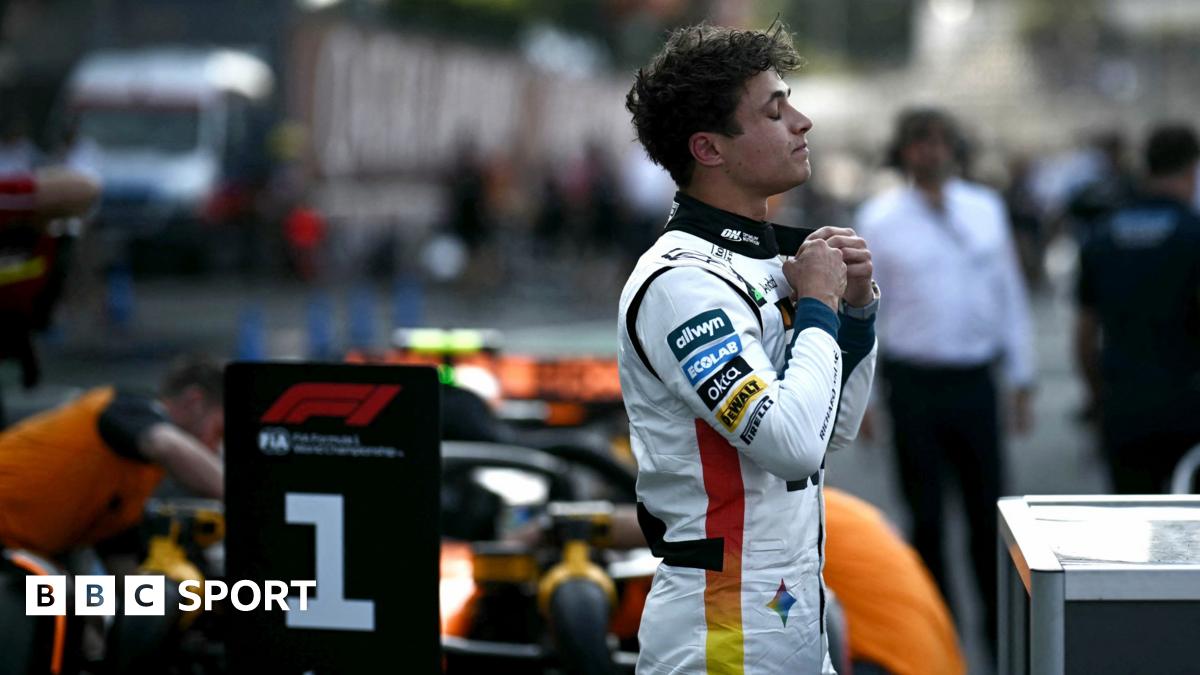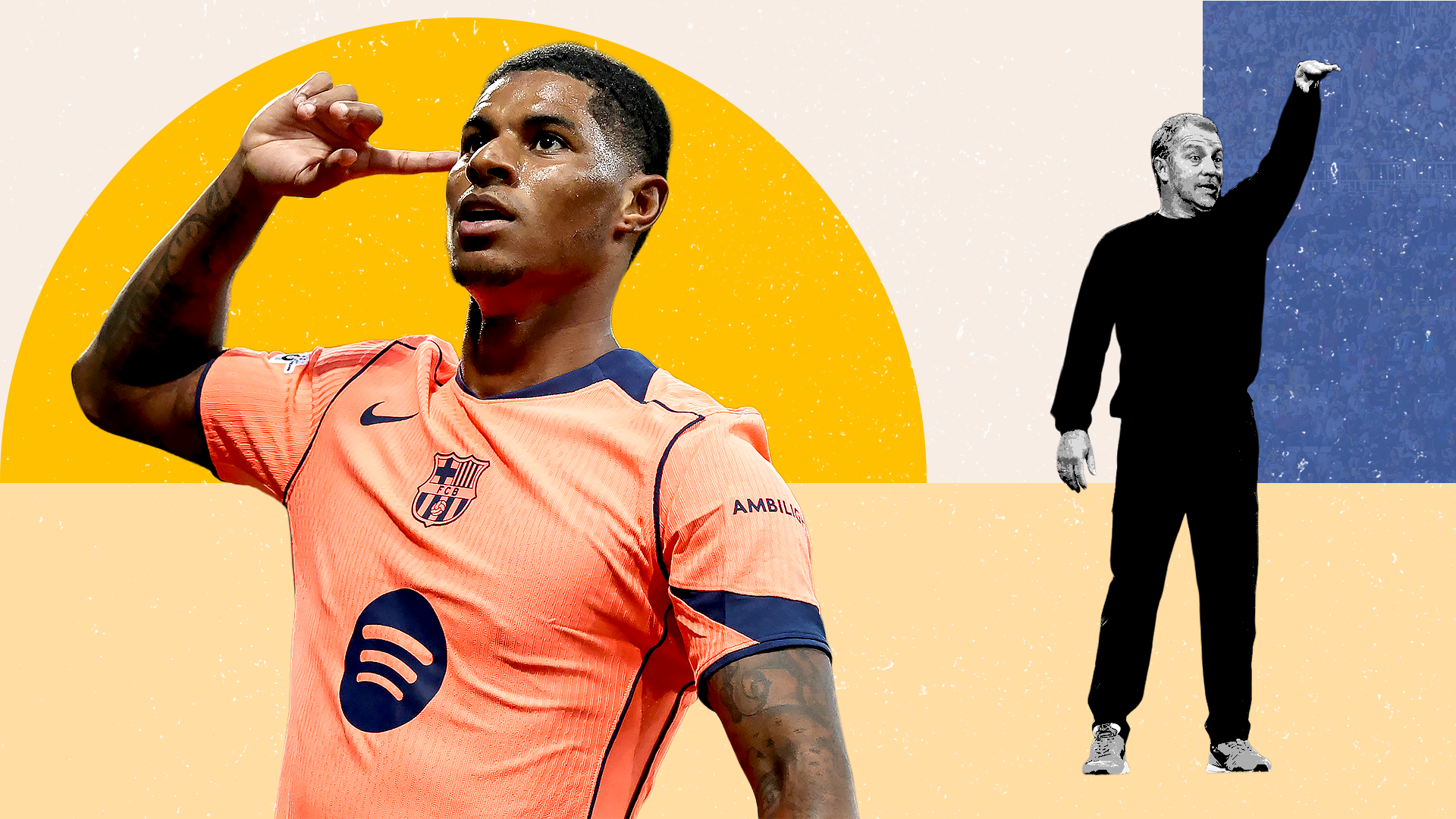 Image source, Getty Images
Image source, Getty Images
By
Football tactics correspondent
When Barcelona agreed a loan deal for Marcus Rashford in the summer, they were backing themselves to spark a renaissance in a player who at his best was one of the world's most effective forwards.
So far, the gamble looks like paying off. The 27-year-old has scored five goals and contributed six assists in all competitions in the early days of his season-long loan from Manchester United.
Barca, who are two points behind Real Madrid going into Sunday's El Clasico, have the option to make the signing permanent at the end of campaign and Rashford seems keen on that happening.
So how has Barca coach Hansi Flick and his staff turned things around for him? We analyse how his role and Barca's tactics are combining to get the best out of a player who seemed lost last season at Old Trafford.
Freedom to move centrally
When analysing players a distinction must be made between positions and roles. On paper, Rashford's position is a left winger, but this does not tell the whole story.
In Ten Hag's debut season at Manchester United Rashford scored 30 goals and contributed 12 assists as he profited from taking up a position halfway between a winger and a striker.
Flick has tapped into this, and Rashford is allowed to float between playing wide left and moving centrally.
As a result, Rashford has found himself closer to goal, which has allowed him to take more shots from dangerous positions, taking advantage of his world-class ball-striking ability.
This freedom has allowed him to decide big games. His wonderful strike from outside the box against Newcastle United in the Champions League came when he drifted centrally - in fact closer to the right - from his left-wing position.
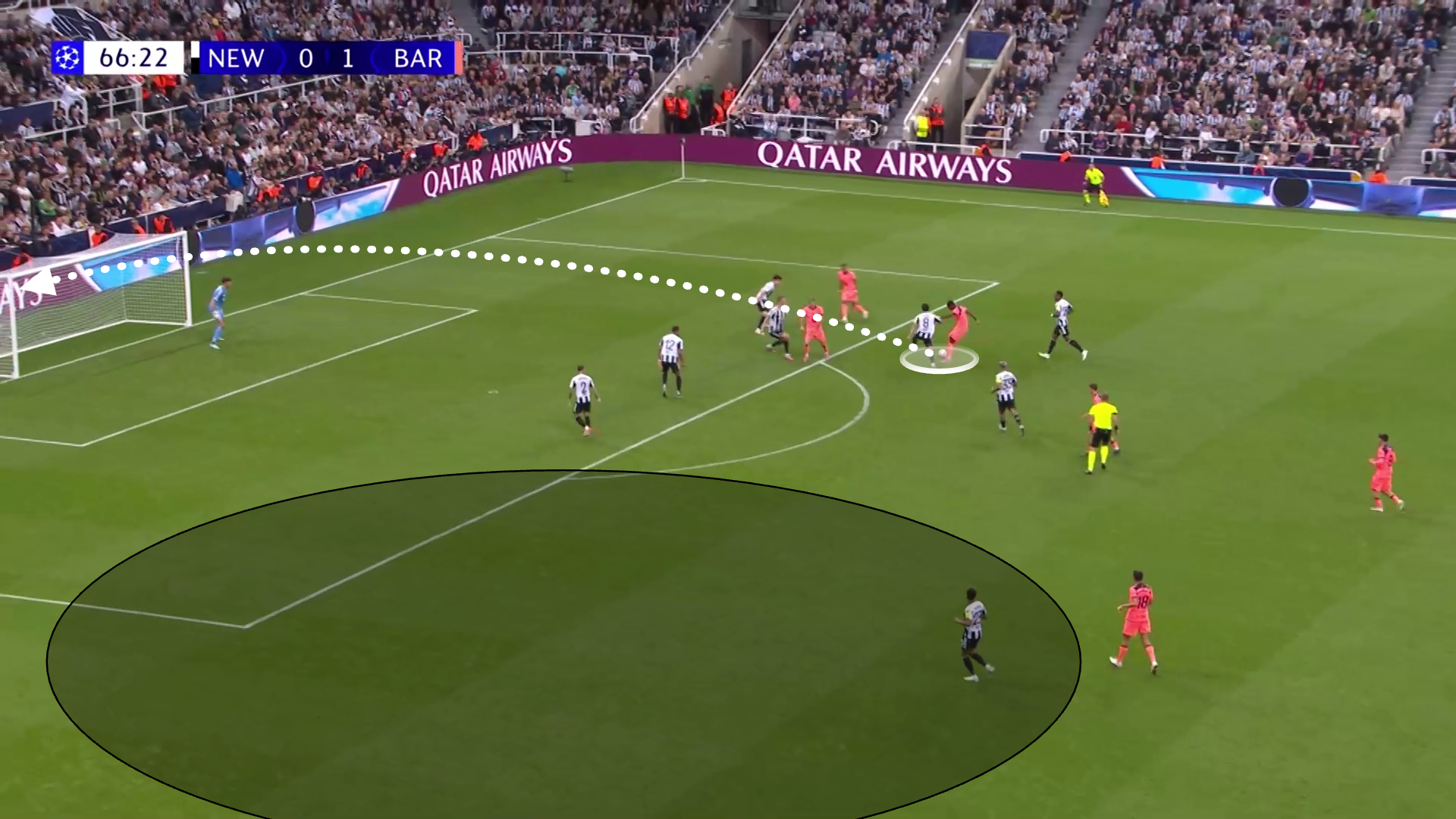 Image source, BBC Sport
Image source, BBC Sport
Barcelona's left side was vacated as the attacking players gathered in close proximity to each other in the lead up to Rashford's goal against Newcastle
Flick likes his attacking players to cluster together centrally, and Rashford rotating inside helps knit together Barca's attacking play.
A common pattern of play for Barca this season has been for him to move inside into the left half-space and be found by a midfielder with his back to goal.
Rashford will lay the ball off for a team-mate who is in space between the lines and facing forwards - in short, in a dangerous position.
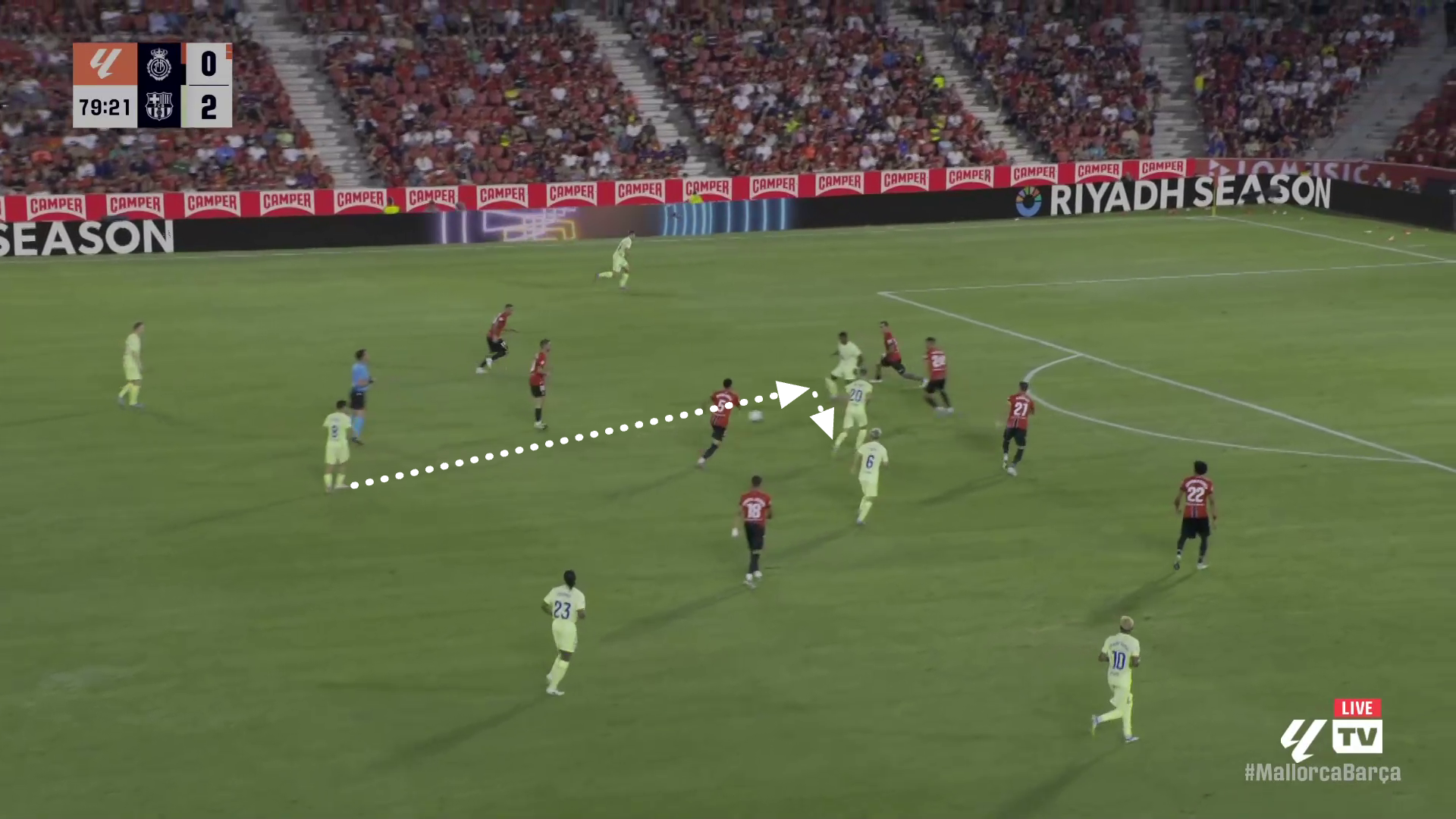 Image source, BBC Sport
Image source, BBC Sport
Rashford's lay-offs to a team-mate facing goal have been a key source of Barcelona's goal threat
Dynamic full-backs elevate Rashford's game
Rashford moving inside has not imbalance the team however.
When he moves centrally, the full-back marking him usually moves in-field too. This leaves the flank open and allows the left-back to push into this wide-left space.
Usual left-back Alejandro Balde has a strong ability to get up and down the flank and put good crosses in, so having their left-side personnel combine in this way was impressive squad building by Barca.
A relationship with an overlapping full-back is something Rashford has enjoyed before, with some of his highlights for club and country coming when Luke Shaw complimented him in a similar way.
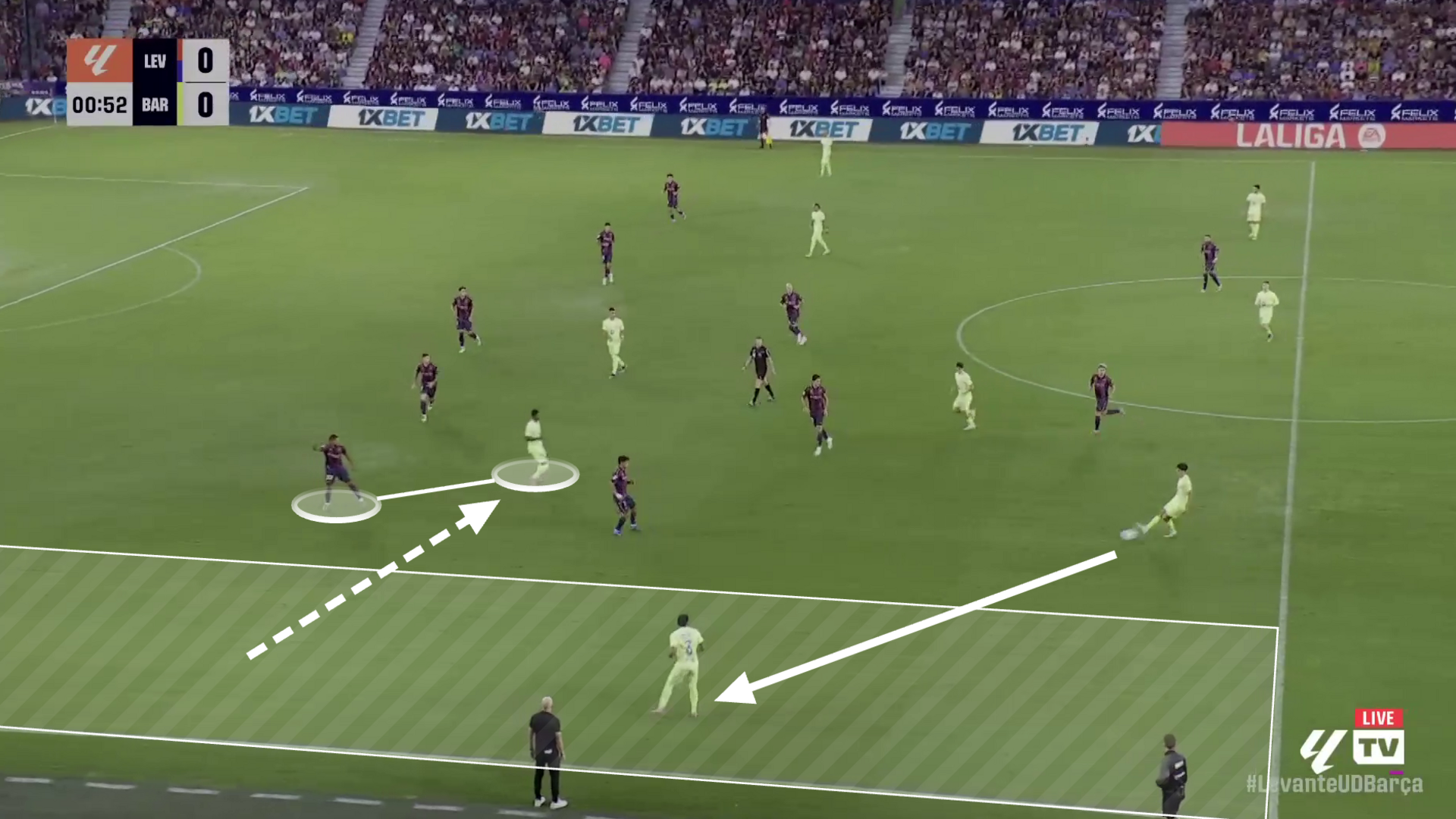 Image source, BBC Sport
Image source, BBC Sport
Rashford's movement opens up space in the flank for Balde to exploit
This off-the-ball movement from the full-back helps Rashford to cut inside into dangerous positions in space and enables him to play penetrative through-balls for the left-back.
Teams are wary of Rashford's threat centrally and can leave the flank exposed as they overcommit to defending the middle of the pitch.
As a result, Balde and Barca's other left-back Gerard Martin have often found themselves in dangerous crossing positions.
Their generally overlapping runs draw players away from Rashford, leaving him one on one against a defender.
In these isolated duels, Rashford is able to use his pace to beat his man, and has often gone down the line before crossing into the box.
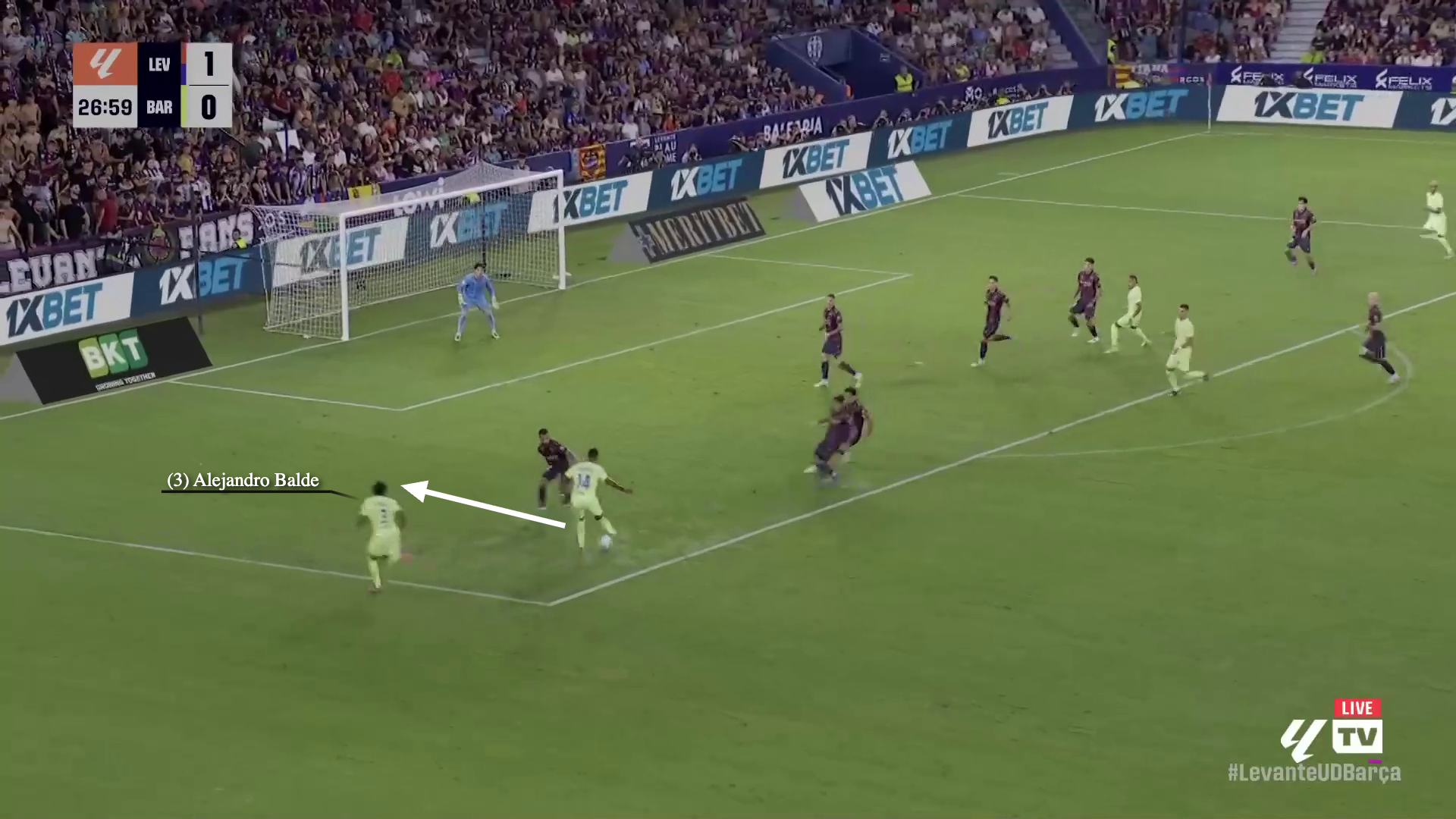 Image source, BBC Sport
Image source, BBC Sport
Balde's overlapping runs have made Barcelona dangerous down the left
The human part of coaching
Formations, roles and tactics matter, but there is naturally a human element to the performance of footballers.
Rashford seems to be a player who excels when he is confident and he perhaps would not have attempted the long-range effort against Newcastle if he had not already scored in the game.
He appears to have renewed confidence generally though, and that is likely to have been helped by Flick starting him the last six matches and primarily in the same position.
That level of consistency will have helped him find his rhythm while his delivery has impressed sufficiently for him to be trusted with Barca's corners.
His set-pieces have been impressive and have inflated his chance creation and assist numbers - which influence how fans, pundits and Rashford himself views his start to life in Spain.
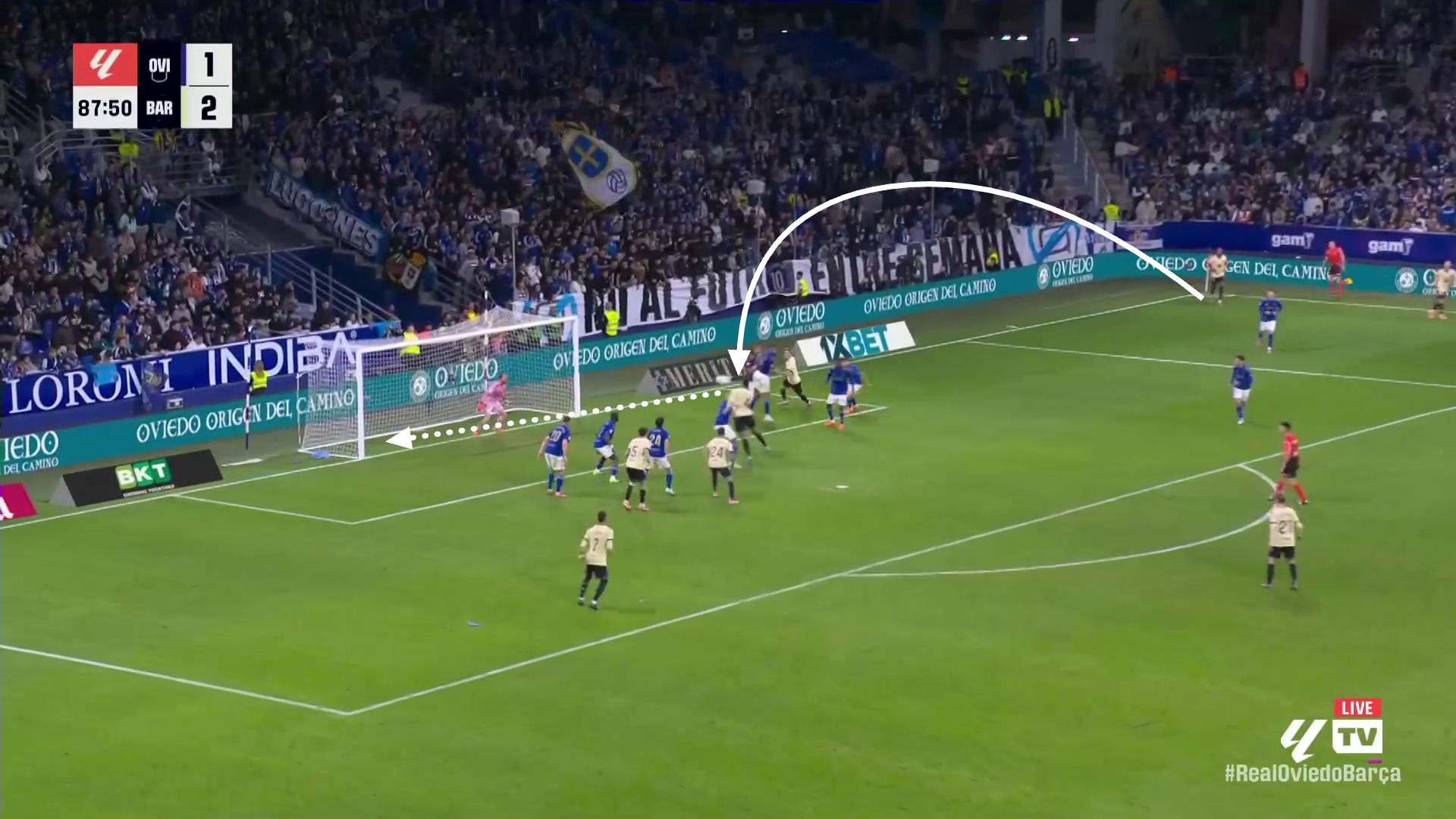 Image source, BBC Sport
Image source, BBC Sport
Rashford has two assists from corners this season boosting his overall statistics
How out-of-form players get back to best
A trend seems to be developing in former Manchester United players excelling after they have moved.
Some believe this is because the Premier League is football's most competitive league, but it can also be because new teams and coaches are maximising a player's strengths and minimising their weaknesses.
Players can go through a bad run of form but a footballer's quality is rarely lost without injuries, age or off-the-field issues.
When a player who has impressed starts to underperform, it is likely that giving them a more suitable role in an environment that empowers them will return much of that initial quality - and Rashford appears to be the latest example.

 4 hours ago
1
4 hours ago
1










